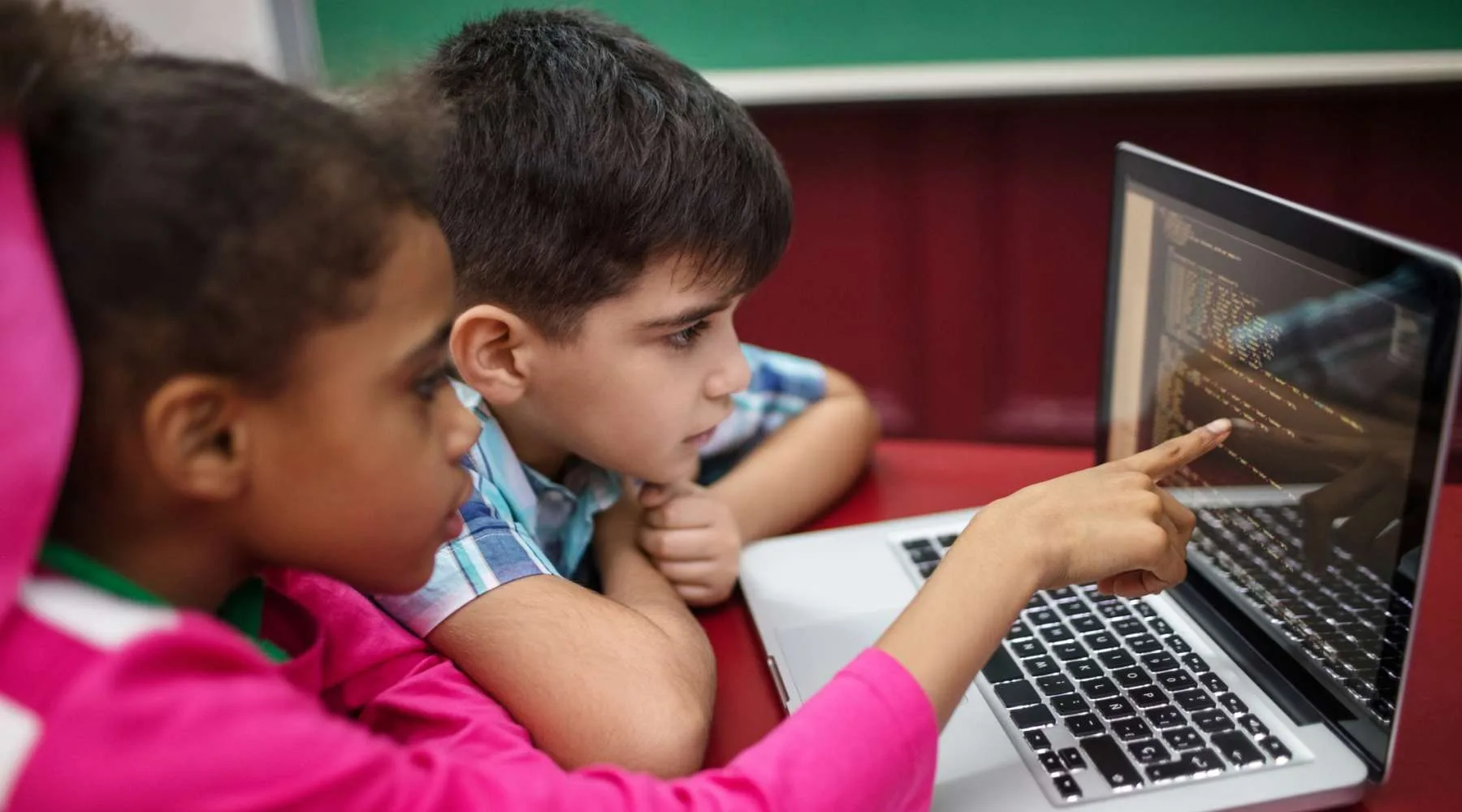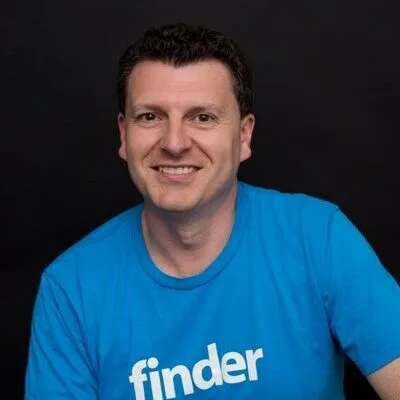Why I wish I learned to code when I was a kid

Finder's co-CEO Frank Restuccia explains why coding matters so much.
As a father of two young children, I have recently been contemplating what skills they'll need to thrive in the world of tomorrow. If I could speak to my six-year-old self, I would spend more time learning to code. I strongly believe that coding has become a foundational skill that has value across many disciplines. Every child should have the opportunity to learn to code from an early age.
I'd like to see coding classes started in the first year of school in every state and territory, alongside learning the basics of reading and writing. Many kids (including mine) have been introduced to screens well before they start school - so it wouldn't be a big step. I'm constantly surprised at how fast my kids pick up the basics of technology. If kids are going to be truly 'tech-ready' - computer coding should be a stand-alone subject taught in every primary and secondary school, much like English and Maths. My hope is that children are exposed to coding as soon as they are old enough to sit at a desk and turn on a laptop. Often the advanced skills are only taught in extracurricular programs - but this opportunity should be extended to every child during school hours. We need to encourage kids not just to download the latest app - but to design their own. Many people who are changing the world learnt to code as a child - coincidence? I think not.
Being involved in running businesses for 20 years I probably should have devoted a bit more time to it. I wish I had coding skills to add to other skills and knowledge I possess. My view is that coding is like maths or languages - you ideally need to learn it as a young person. I've always had a fascination and a great level of appreciation for those who can code. As a father now, I definitely will be doing everything I can to introduce my kids to coding. There is going to be an ever increasing need for these skills in the future - we have to teach our young people to understand that language.
According to the Australian Council for Educational Research (ACER) there is a general agreement about the importance of STEM education in Australia (Science, Technology, Engineering and Mathematics) yet international assessments show a continuing decline in performance by Australian students. The underrepresentation of Australian women in tech - which is a topic that I've written about recently - can be attributed to the low participation rate of girls in STEM subjects at schools and universities.
Figures from the Department of Industry show in 2016 women made up less than 11% of vocational education course completions. In the Australian Curriculum: Digital Technologies, students are required to study a general-purpose programming language in Years 7 and 8 which is a great initiative but I think it needs to be introduced even earlier - the sooner the better.
Coding will enrich a child's education - if they are shown how they can use it in a way that impacts the world. Learning to code isn't easy, but it teaches you that you need to be ok with making mistakes in order to grow. At Finder I'm surrounded by brilliant technologists and engineers who I'm constantly in awe of. Some of the common traits I've noticed amongst people who can code is they are fantastic problem solvers, have great attention to detail, are logical, methodical and have a high level of accuracy and a willingness to be a lifelong learner- skills that would help in any pathway in life. While the obvious advantage of learning to code is being prepared for jobs of the future.
There are suggestions that Government and industry might partner to provide support for improvement in tech readiness. At Finder we are eager to get involved. This year we have sponsored #SheHacks and Women Who Code events, the Startmate program and Generation Entrepreneur – all of which are committed to empowering youth and women in tech.
I urge all organisations to get involved – there's a huge opportunity to grow the digital skills of kids today and into the future. Technology is changing every industry and we want to make sure the next generation can understand it and harness it – not just consume it.
Originally published on LinkedIn
Image: Getty
Ask a question
